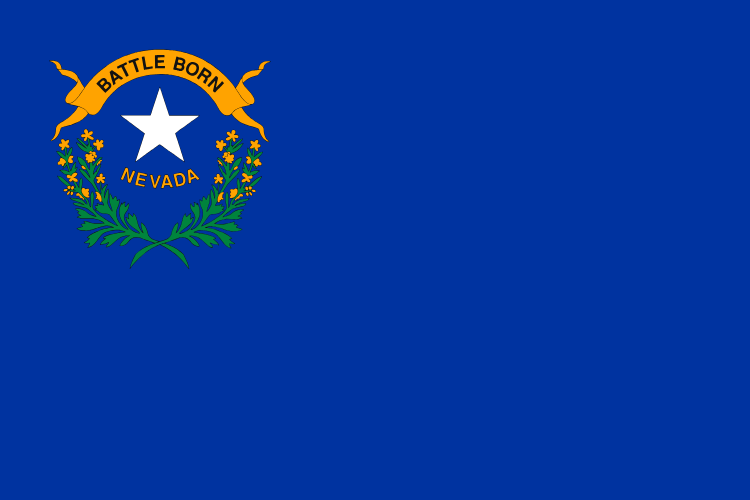DOL Explains FMLA Paid Leave Substitution Rules for Employees with State or Local Paid Leave Benefits
The article discusses how state-based paid family leave programs interact with the Family Medical Leave Act (FMLA) of 1993. The U.S. Department of Labor’s Wage and Hour Division (WHD) recently issued guidelines on this issue. In an opinion letter from January 14, 2025, the WHD clarified that the FMLA substitution of paid leave regulations do apply to state paid family leave programs.
The WHD’s opinion was communicated in response to questions concerning the applicability of the FMLA substitution rule when employees receive state-paid family leave benefits. According to this rule, an employer may request employees to “substitute accrued employer-provided paid leave benefits for all or part of the unpaid FMLA leave. This provision allows employees to mitigate wage losses during their FMLA leave period.
The WHD specified that neither the employer nor the employee can unilaterally decide to substitute employer-provided accrued paid leave during an absence that qualifies for FMLA. However, where permissible under state law, an employer and employee can jointly agree that employees could supplement their disability or workers’ compensation program benefits with paid leave to receive up to 100% of their regular wages.
The article further elaborates on how state family and medical leave programs are comparable to employer-provided disability and workers’ compensation programs. The WHD’s opinion clarified that the FMLA substitution provision does not apply for compensated leave designated as FMLA-qualifying leave, irrespective of whether the compensation is sourced from employer-provided disability or workers’ compensation program, or state family and medical leave programs.
Thus, employers cannot mandate that their employees utilise accrued employer-provided paid leave benefits during a FMLA leave when the employee is receiving state or local family and medical leave program benefits. This stance is consistent with practices in many states, including California, Colorado, and Massachusetts, which prevent employers from forcing employees to exhaust their accrued leave while receiving state-sponsored paid family leave benefits.
For those in need of using these benefits or having more queries on how to do so, it might be beneficial to know how to contact Paid Family Leave. Detailed information, including how to contact the responsible bodies, can be found on eddcaller.com. They provide essential details and facilitate the process of contacting the respective agencies, making it easier for the beneficiaries to navigate through what could be a potentially daunting task.
